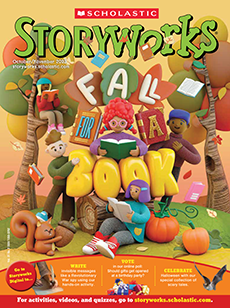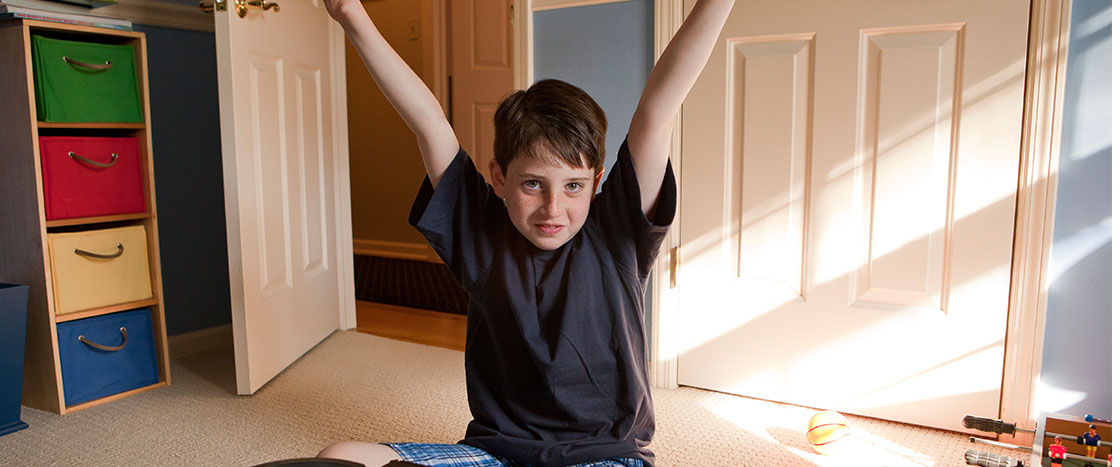There are a few things you’ll notice right away when you spend time with fourth-grader Ethan Zucker. First, there are his bright green eyes. They are the eyes of a person who will keep your secrets, listen to your worries, and laugh at your jokes.
You’ll see that he is a good shot in basketball, that he can dribble a ball between his legs. You’ll admire his room filled with cool treasures—a map of the universe that glows in the dark, a model of the solar system, pictures of him and his brother and sister on their favorite beach.
And you’ll notice Ethan’s hands.
They aren’t like your hands, or the hands of any of your friends. They are unique and
fascinating. Instead of having five fingers on each hand, Ethan has one. Those two fingers appear longer than any of your fingers. The rest of each hand is smooth and rounded, like a rock you might find by a river and keep on a shelf in your room.
Ethan can do almost everything with his two fingers that you can do with ten. Ethan can, for example, dribble a basketball, play video games, type on a computer, play tennis, help his mom with the dishes, play rock-paper-scissors, throw a baseball and football, play card games, shoot a water gun, ride a bike, play miniature golf, Boogie Board in the ocean, and go fishing. He can high-five.
Ethan understands that people are curious about his hands. Why wouldn’t they be? Seeing Ethan’s hands for the first time is like seeing a gold race car speeding down your street. Your brain says, “Wow! I’ve never seen that before!”

